Faculty

Computational drug discovery; My main research interests focus on modeling the physical interactions responsible for molecular recognition, and in the development of new technologies for structural prediction, their substrates and supramolecular assemblies.
*Currently accepting Graduate Students
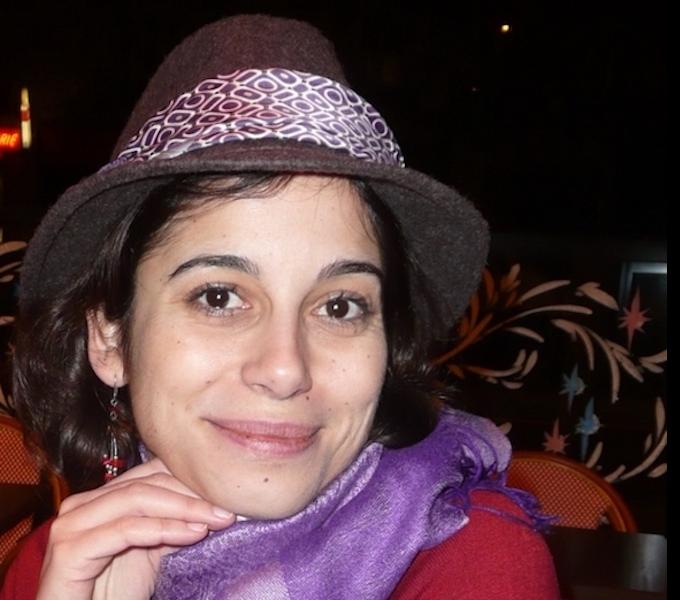
In the Carvunis lab, we study the molecular mechanisms of change and innovation in evolution.
*Currently accepting Graduate Students

The Catov research group utilizes large perinatal registries and cohort studies to evaluate the relationship between cardiovascular risk factors and preterm birth, as well as the postpartum characteristics of women who delivered preterm infants.
*Currently accepting Graduate Students
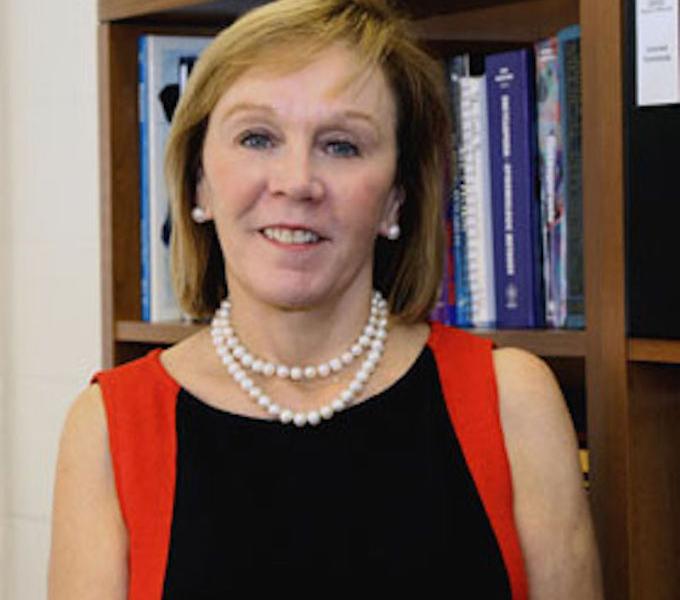
Osteoporosis treatment and the consequences of osteoporosis in both men and women.
*Currently accepting Graduate Students

Basic science and translational research studying the molecular mechanisms of pulmonary vascular disease and pulmonary hypertension
*Currently accepting Graduate Students
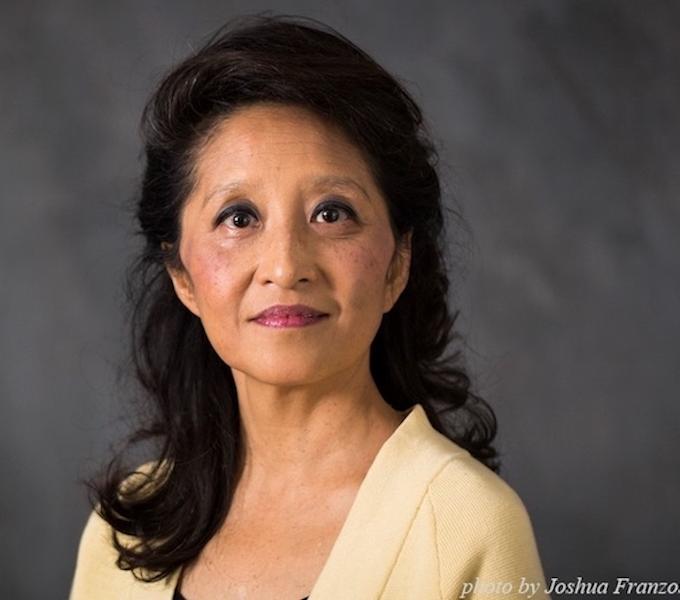
The study of human tumor viruses;
Our lab researches viral oncogenesis, focusing on Merkel cell polyomavirus in skin cancer, Kaposi’s sarcoma-associated herpesvirus in AIDS-related malignancies, and the discovery of new human pathogens using advanced genomic technologies.
*Currently accepting Graduate Students
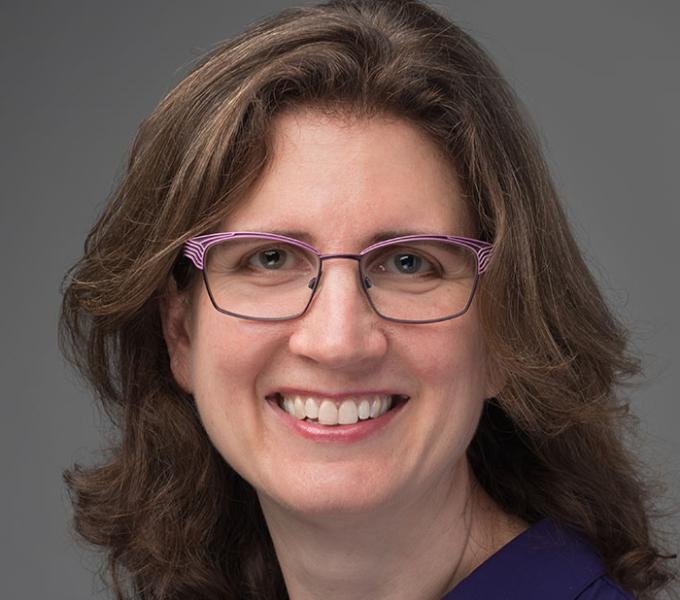
Dr. Chapman's research aims to understand the psychological processes behind decision-making to design interventions that promote healthy and prosocial behaviors like vaccination and blood donation.
*Currently accepting Graduate Students
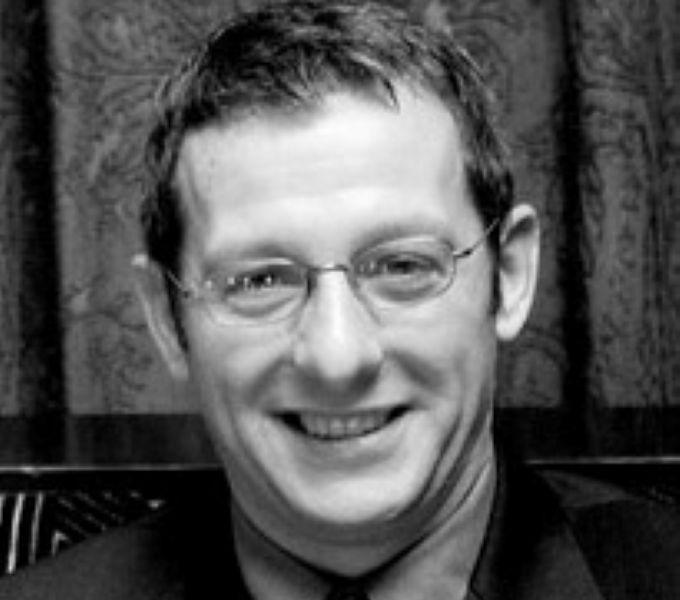
Steven Chase uses brain-computer interfaces to study motor learning and skill acquisition. His work stands to provide a better understanding of how movement information is represented in networks of neurons in the brain and will inform the development of neural prosthetics.
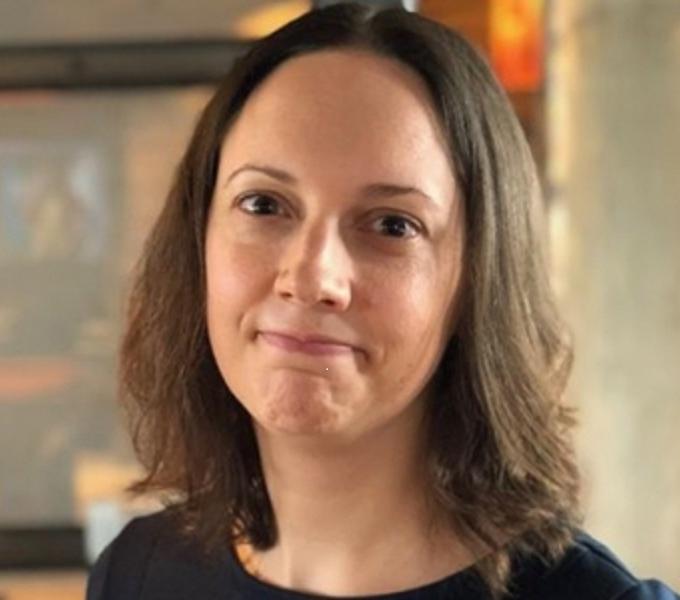
Our lab wants to understand how neurons wire together to form the intricate yet adaptable neural circuits that support complex brain functions. We are particularly interested in how newborn neurons form synaptic connections, and how this determines whether a neuron will survive. To answer these questions, we use in vivo 2-photon microscopy to track the structure and function of individual neurons and synapses over time in the living brain, as well as molecular genetic tools, electrophysiology, optogenetics, and behavior.
*Currently accepting Graduate Students

Redox signaling & autophagy in neuroprotection and neurodegeneration; mitochondrial phosphoproteomics; genetic & toxin models of Parkinson's disease
*Currently accepting Graduate Students
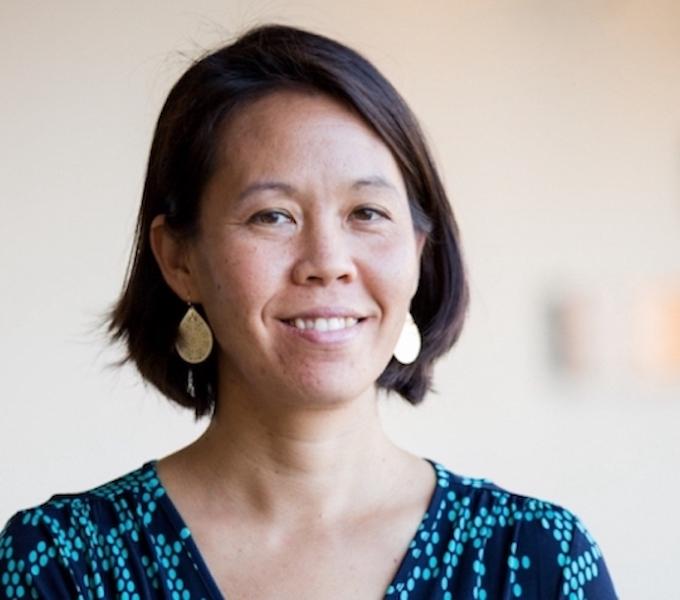
My research focuses on the ovarian cancer microenvironment, specifically targeting carcinoma-associated mesenchymal stem cells (CA-MSC) that support cancer survival, growth, and spread.
*Currently accepting Graduate Students
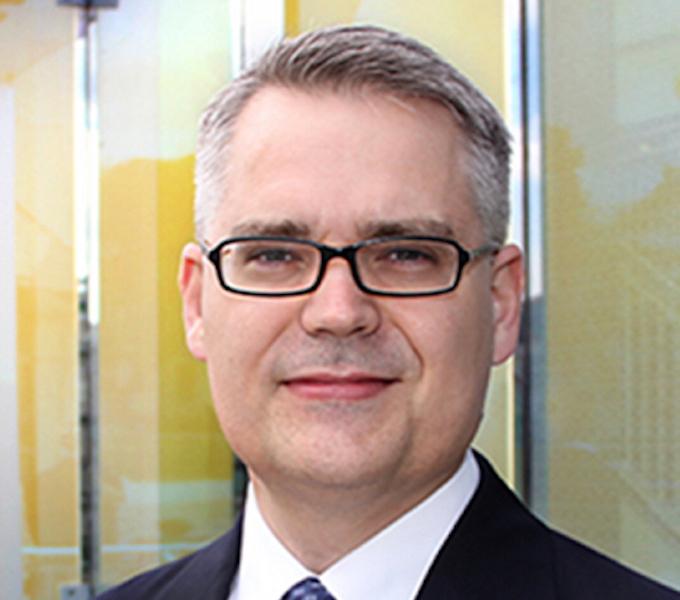
Artificial lungs; hemodynamics, pulmonary drug delivery; liquid ventilation; right ventricular function, critical care medicine
*Currently accepting Graduate Students
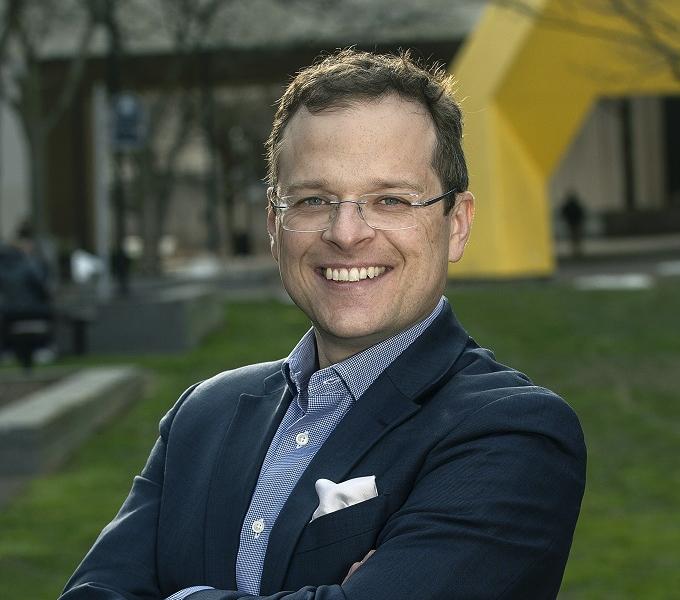
My group studies human memory and perception with neuroimaging, cognitive studies, and advanced analysis methods. We seek to understand how the human brain learns, remembers, and ultimately creates knowledge.
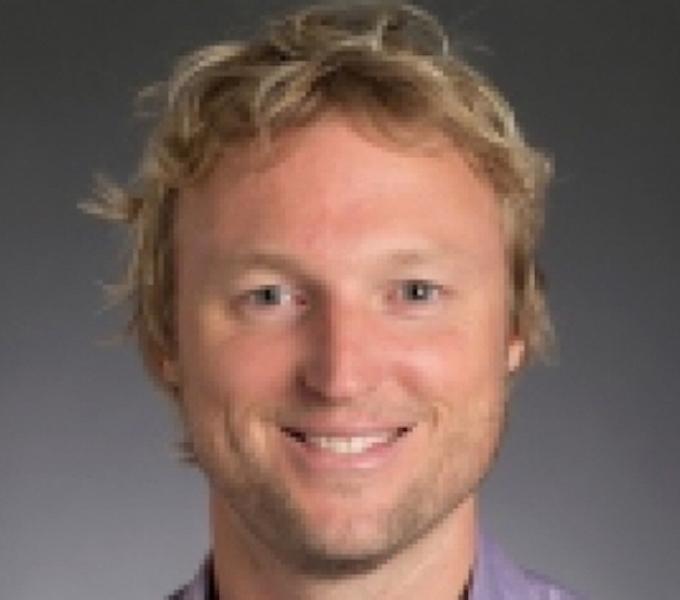
David Creswell studies stress, self-affirmation, mindfulness, and emotions, focusing on their neural mechanisms and impact on resilience and health.
*Currently accepting Graduate Students
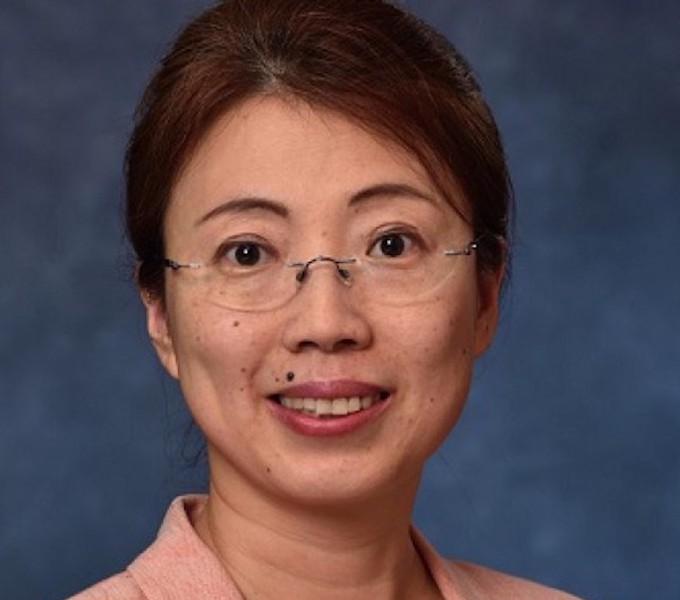
Dr. Tracy Cui is William Kepler Whiteford Professor of Bioengineering at the University of Pittsburgh. Dr. Cui is the Director of the Neural Tissue/Electrode Interface and Neural Tissue Engineering Lab. She is also the Neural Engineering Track Coordinator for the Department of Bioengineering Graduate Committee.
*Currently accepting Graduate Students
